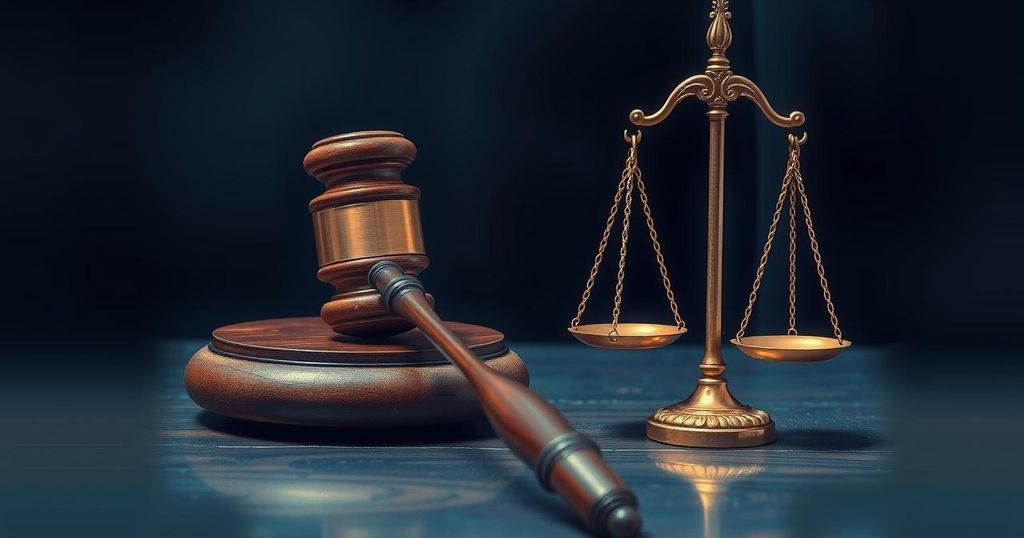Sudan has filed a case against the UAE at the International Court of Justice, alleging the UAE’s complicity in genocide against the Masalit people via support for the RSF. The UAE dismissed the allegations, labelling the case a publicity stunt. Sudan’s plea calls for reparations and measures to prevent future violations, as the humanitarian crisis grows amid ongoing conflict in the region.
Sudan has initiated legal proceedings against the United Arab Emirates (UAE) at the International Court of Justice (ICJ), claiming the UAE has violated the Genocide Convention. The case alleges that the UAE has provided substantial support to the Rapid Support Forces (RSF), a paramilitary group implicated in various atrocities against the Masalit people during Sudan’s ongoing conflict.
The ICJ’s statement emphasizes the severe nature of the allegations against the RSF and its allies, including genocide, murder, and human rights violations. The Sudanese Government specifically accuses the UAE of complicity in these actions through significant financial, military, and political support, thereby exacerbating the humanitarian crisis in the region.
In response to the lawsuit, the UAE described the allegations as “nothing more than a cynical publicity stunt” and announced its intention to seek swift dismissal of the case. The UAE has consistently denied providing support to the RSF despite ongoing allegations of their involvement in acts of violence against civilians.
The conflict in Sudan has resulted in a catastrophic humanitarian situation, with over 12 million people displaced and famine conditions emerging in various regions. The protracted struggle for power, particularly in Darfur, has seen the RSF engage in brutal confrontations against the Masalit people, inciting accusations of genocidal intent.
The RSF has denied these allegations, yet reports indicate that it continues to conduct attacks, such as a recent siege on the Zamzam refugee camp in North Darfur. Furthermore, in January, the United States publicly accused the RSF of committing acts of genocide.
Sudan seeks not only reparations from the UAE but also urges the ICJ to enforce measures ensuring that any armed factions supported by the UAE refrain from acts contrary to the Genocide Convention. While the ICJ’s decisions are binding, they lack enforcement capabilities, demonstrated by previous rulings that have had limited impact on geopolitical conflicts.
In summary, Sudan’s case against the UAE at the International Court of Justice focuses on allegations of complicity in genocide through support of the RSF’s actions against the Masalit people. The UAE’s rejection of these claims reflects a broader international dynamic where legal actions at the ICJ confront significant challenges regarding enforcement. Sudan’s pleas for reparations and preventive measures underscore the urgent humanitarian crisis, which continues to escalate amidst ongoing conflict.
Original Source: www.aljazeera.com




